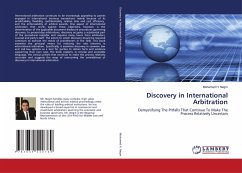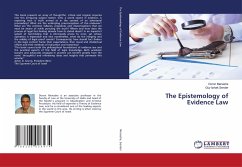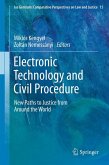International arbitration continues to be increasingly appealing to parties engaged in international business transactions mainly because of its predictability, flexibility, confidentiality, relative time and cost efficiency, and the enforceability of arbitral awards. One aspect of international arbitration that works against these objectives, however, is the determination of the applicable document disclosure procedures governing discovery. In present-day arbitrations, discovery occupies a substantial part of the procedural calendar and requires many hours from arbitrators, counsel and party's staff. The extent to which discovery should be required continues to exercise the minds of practitioners in the field. This book examines the principal means for reducing the risks inherent in international arbitration. Specifically, it examines discovery in common law and civil law systems as a tool for parties to obtain facts and evidence supporting their own case. The book explains, in concise and accessible language, the various pitfalls that continue to make the process relatively uncertain and suggests the ways of overcoming the unwieldiness of discovery in international arbitration.
Bitte wählen Sie Ihr Anliegen aus.
Rechnungen
Retourenschein anfordern
Bestellstatus
Storno








